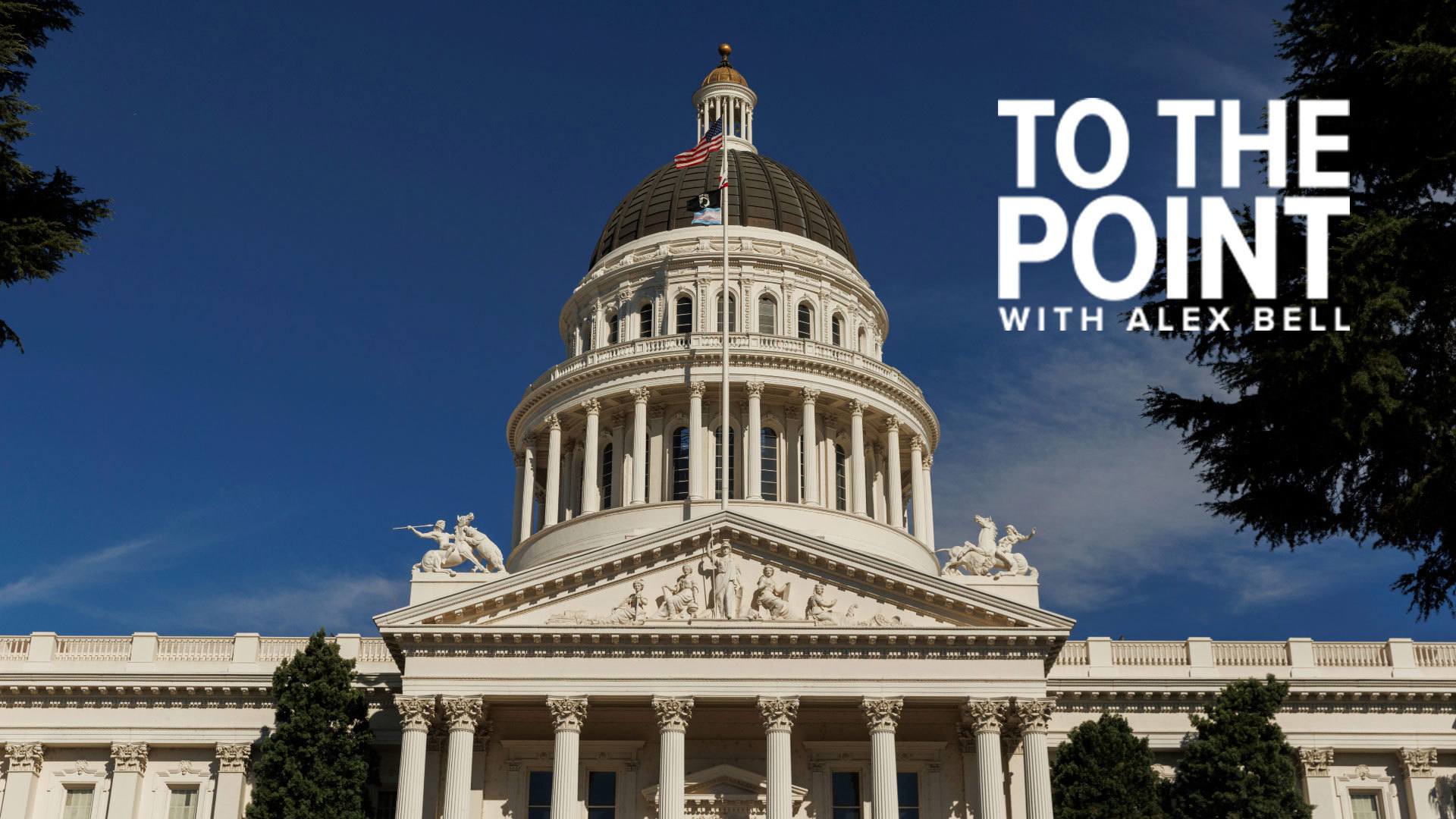SACRAMENTO, Calif. — Two key reparations bills for Black Californians died hours before the deadline to pass legislation this session.
Senate Bill 1403 would have created the California American Freedmen Affairs Agency, tasked with implementing reparations and determining eligibility.
Senate Bill 1331 would have established the Fund for Reparations and Reparative Justice, to eventually pay for the various forms of reparations.
“It has to happen if we’re going to have meaningful reparations to the people who deserve it. We’re 160 years overdue for this,” said Sen. Steven Bradford (D-Gardena), who authored both bills.
Bradford sat on the California Reparations Task Force, the nation’s first statewide effort to address this.
The Task Force met over the course of two years, hearing from the public and experts on the long-lasting effects of chattel slavery on Black Americans. Last summer, members published their final report of more than 1,000 pages and more than 100 recommendations.
On Saturday, Senator Bradford hoped his Assembly colleagues would put his two key reparations bills up for a vote by midnight, the deadline to pass legislation.
Neither of those bills included cash payments for recipients of reparations and neither of those bills went up for a vote in the final hours of the legislative session, effectively killing them for the year. However, four hours before the deadline, an unlikely ally moved to put one of the bills to a vote: Republican Assemblymember Bill Essayli (R-Corona), who opposes cash payments for reparations. Ultimately, no other assembly member seconded his motion to bring it to a vote, so his motion failed.
In a statement on X, he wrote, in part, “I believed there should be a debate and a recorded vote on the issue. Politicians cannot be allowed to make promises to the people who elect them, and then hide like cowards when it’s time to go on record…In the coming weeks I intend to have meaningful, serious, and productive conversations on this topic. My message to Black Americans is do not blindly support any political party or politician simply because of the letter next to their name. Make them earn your vote!”
In response, Bradford said, “I appreciate all the help that was there. I really believe the votes were there, if we had brought it to the floor. I question the motives of some of the individuals who wanted it to come to the floor…but I appreciate the help.”
Bradford said the bills were “two of the foundations of the Reparations Task Force’s final report, so I’m sorry that it didn’t make it to the finish line and get it to the Governor’s desk.”
CalMatters and POLITICO reported the governor sent suggested amendments to Bradford’s bill last week that would have shelved the Freedmen Affairs Agency and instead allocated $6 million for California State University to study how to best implement the Task Force recommendations.
Bradford rejected the amendments, wanting action instead of more studies.
“We owe it to our ancestors, and I think we disappointed them, in a way, by at least not having a floor vote and letting the people decide – let the legislators decide,” Bradford said. “I wish it had happened earlier. As early as Wednesday we could have had these bills taken up, and if we would have had any problems, we could have fixed it then.”
In response to the Task Force’s final report, the California Legislative Black Caucus published a list of 14 bills in January as part of its Reparations Package.
Bradford’s two bills that brought supporters out to the Capitol on Saturday were not among them.
In a statement Saturday, the Caucus wrote, in part, members have “chosen to concentrate our collective energy on the legislative priorities that the entire caucus has voted on and those that positively impact Black Californians…we remain committed to our long-term goals and recognize that this is a multi-year effort.”
Nine of the Caucus’ 14 priority bills passed the Legislature, including a formal apology from the state “for human rights violations and crimes against humanity on African slaves and their descendants.”
“An apology is not reparations. Nobody can’t eat no apology. Nobody can’t pay their rent with no apology,” said Chris Lodgson with the Coalition for a Just and Equitable California.
He said he is outraged the California Legislative Black Caucus didn’t bring Sen. Bradford’s two bills up for votes.
“It’s disrespectful and it’s disgusting. I consider it a betrayal of the people,” Lodgson said.
He and other supporters of Bradford’s two bills say they’re going to fight for this next year, though Bradford is now termed out and no longer able to serve.
One of the reparations bills the California Legislative Black Caucus passed is something voters will see on their ballot in November. It was Assembly Constitutional Amendment 8, now called Proposition 6.
It would change the wording of the California Constitution, which currently outlaws all forms of slavery except for the involuntary servitude of inmates. A ‘yes’ vote on Prop 6 would ban the state from punishing incarcerated people with involuntary work assignments and from punishing people who refuse to work.
WATCH MORE ON ABC10: Gov. Newsom calls special session on gas prices



















